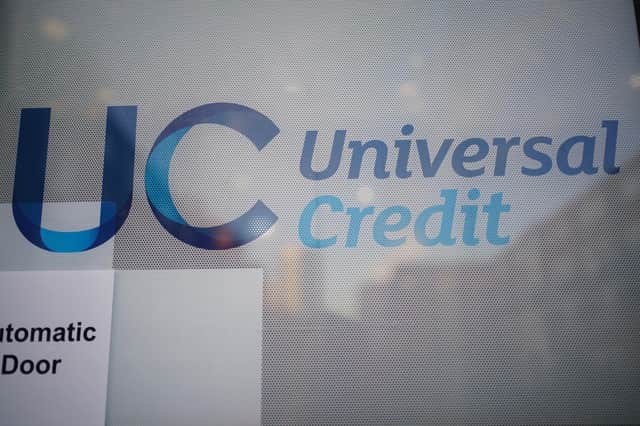Blyth Valley families have their benefits capped - despite being told they are not expected to work


Charity Child Poverty Action Group said the figures demonstrated the flaws in the government's approach to capping benefits, which is designed to encourage more people into work.
The cap limits the Universal Credit of households who earn less than £658 a month. Claimants escape the cap if they can earn more.
Advertisement
Hide AdAdvertisement
Hide AdFigures provided by the Department for Work and Pensions show there were 49 families having their benefits capped in the Blyth Valley constituency as of last August.
Of these, 16 of them were not expected to be in work by the DWP, either due to health problems or having caring duties – often for very young children.
Another 13 families were already in work, but didn't earn enough to reach the threshold for the cap to be lifted.
In Blyth Valley the benefit cap cuts the Universal Credit of affected families by an average of £162 a month.
Advertisement
Hide AdAdvertisement
Hide AdThe 49 families affected had 170 children, and included 31 single-parent families.
The figures were provided to the Child Poverty Action Group through Freedom of Information requests, which found more than one in three families across England, Scotland and Wales in receipt of Universal Credit are having their benefits capped while not being expected to work – 37,970 in total.
The charity's chief executive Alison Garnham said the Universal Credit cap should be completely removed.